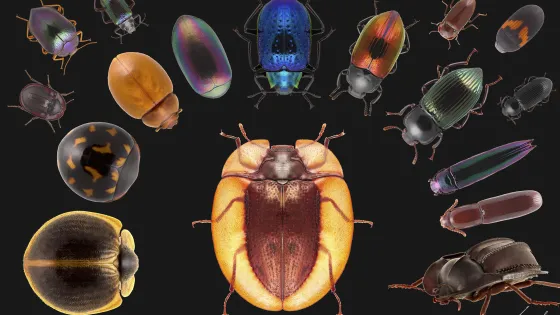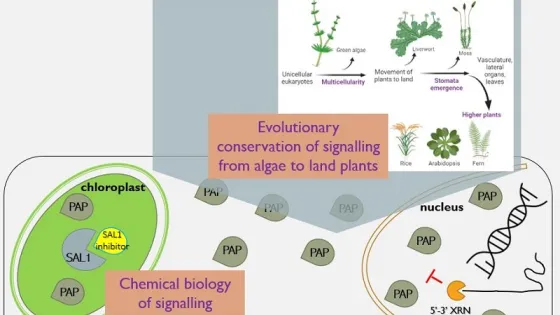Past events
This page lists RSB past events.
From whole proteomes to single molecules: Exploring protein homeostasis in health and disease using chemical probes

Beetles account for almost one quarter of all living species on earth. Yet, the drivers of this superradiation remain unclear. Previous studies have centred on morphological innovation, co-evolution with angiosperms or diversification into a variety of niches as potential causes.
Hybrid protein-nucleic acids biosensors for small molecule detection

Legume-rhizobium interactions during symbiotic nitrogen fixation are carefully balanced to limit rhizobium colonization to an appropriate number of specific cells.
Protein-protein interactions – untapped drug targets

Plant acclimation to environmental stress involves complex cellular processes including chloroplast-to-nucleus communication mediated by signals such as 3’-phosphoadenosine 5’-phosphate (PAP) and its catabolic phosphatase, SAL1.
The Acinetobacter genus includes at least 70 named species that occupy environments which differ broadly in nutrient composition, water availability, temperature and other abiotic characteristics.
Registration, lunch and afternoon tea with concurrent 8-minute talks running until 17:00.

Phloem is the vascular tissue in plants - responsible for transporting sugars from source to sink. It is well established that osmotic currents drive the flow of sap through phloem vessels.
